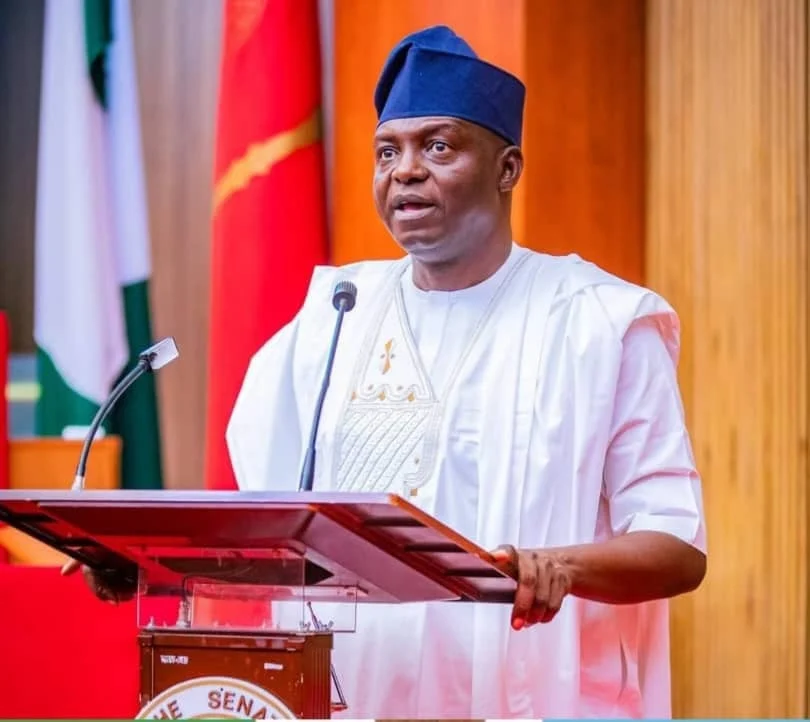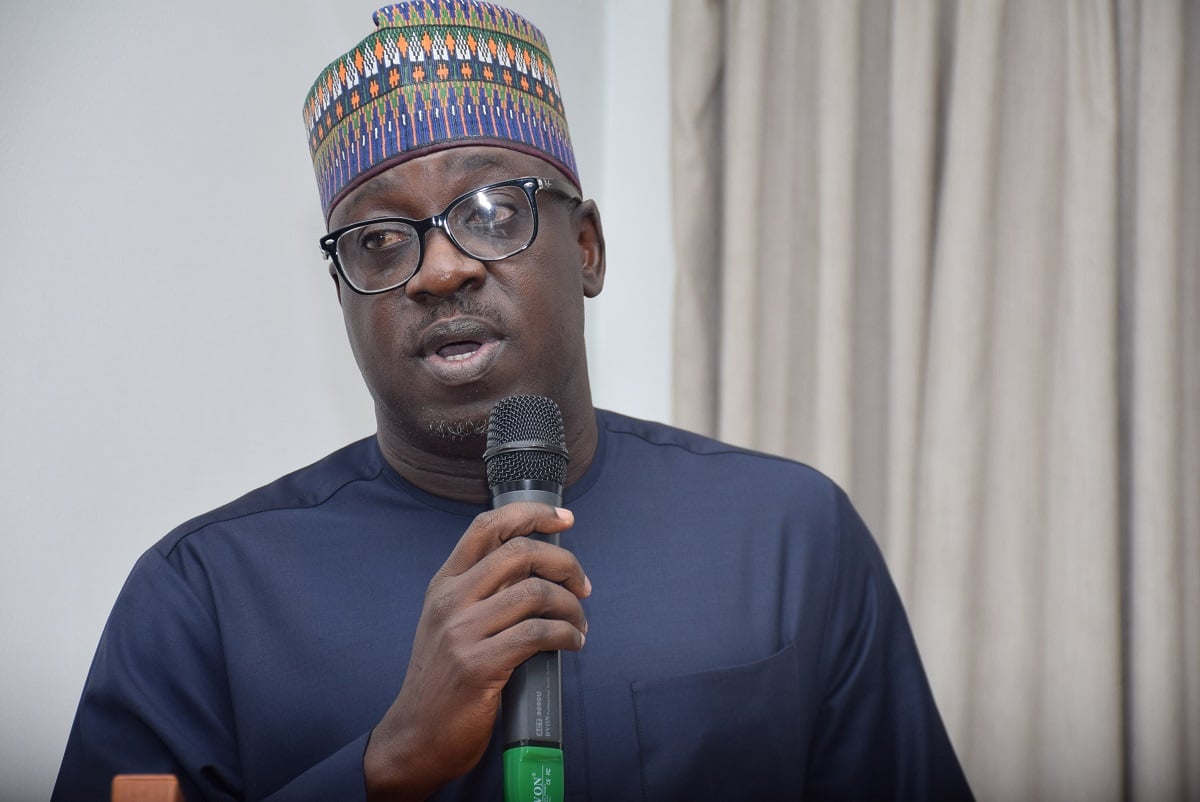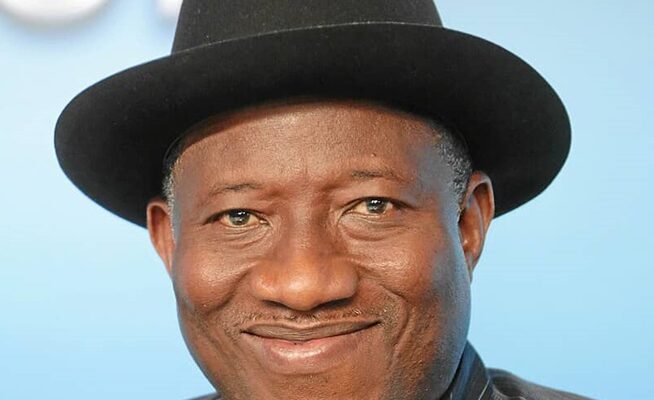Former President Goodluck Jonathan has called for comprehensive reforms in Nigeria’s electoral system to deepen democracy, enhance accountability, and restore citizens’ confidence in the credibility of elections.
Speaking at the National Action Plan for Electoral Reform Dialogue in Abuja on Wednesday, organised by the Abuja School of Social and Political Thought, Jonathan, represented by Ann Iyonu, Executive Director of the Goodluck Jonathan Foundation, acknowledged the progress made since Nigeria’s return to civil rule in 1999 but said the process still suffers from structural deficiencies.
“Our electoral system continues to face significant challenges,” he said. “If we are genuinely committed to democracy, we must be courageous enough to reform the process so it truly reflects the will of the people and upholds justice, accountability, and inclusion.”
Jonathan proposed the creation of an independent Office of the Registrar of Political Parties to enforce internal democracy and discipline within political organisations. He noted that Nigeria’s political landscape has been weakened by opportunism and the frequent defection of elected officials without ideological grounds. The proposed registrar, he suggested, should be empowered to declare the seats of defectors vacant, as practiced in Kenya and Malawi.
“This reform would reinforce the principle that electoral mandates belong to the people, not to individual ambition,” Jonathan said.
The former president also recommended changes to the process of appointing the chairman of the Independent National Electoral Commission (INEC). He suggested that an independent panel drawn from the judiciary, civil society, academia, labour, and professional associations should screen and nominate candidates to enhance public trust and reduce perceptions of partisanship.
On election disputes, Jonathan emphasised the need to conclude all cases before elected officials are sworn in. He argued that allowing candidates with pending litigation to assume office, only to be later removed by the courts, undermines governance and the credibility of elections. He urged the streamlining of electoral adjudication, particularly in governorship and presidential contests, to minimise delays and ensure justice.
“Justice delayed in elections is justice denied, not just to candidates, but to the electorate,” he noted.
Jonathan stressed that his proposals were not partisan but aimed at safeguarding Nigeria’s democracy. “Democracy is not merely about casting ballots,” he said. “It is about building strong institutions, promoting accountability, and protecting the rights of citizens. These reforms are patriotic and essential to strengthening Nigeria’s democracy for the benefit of all.”












